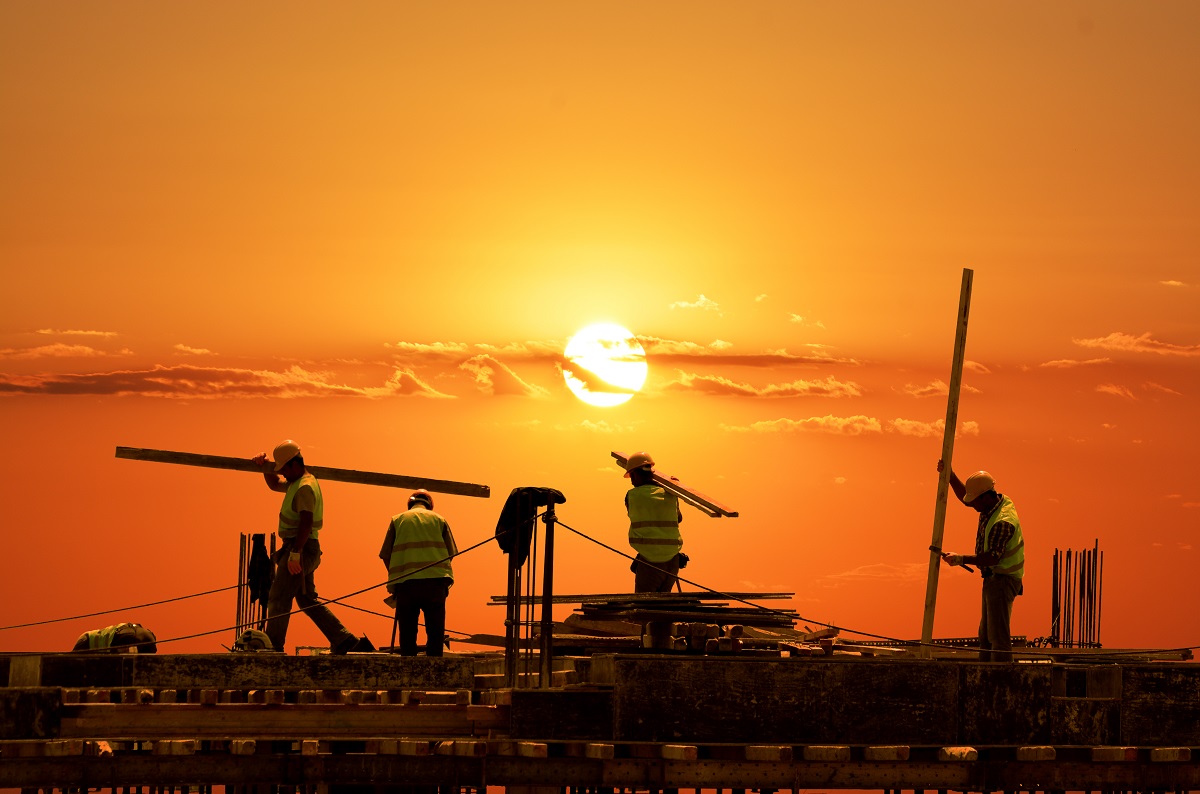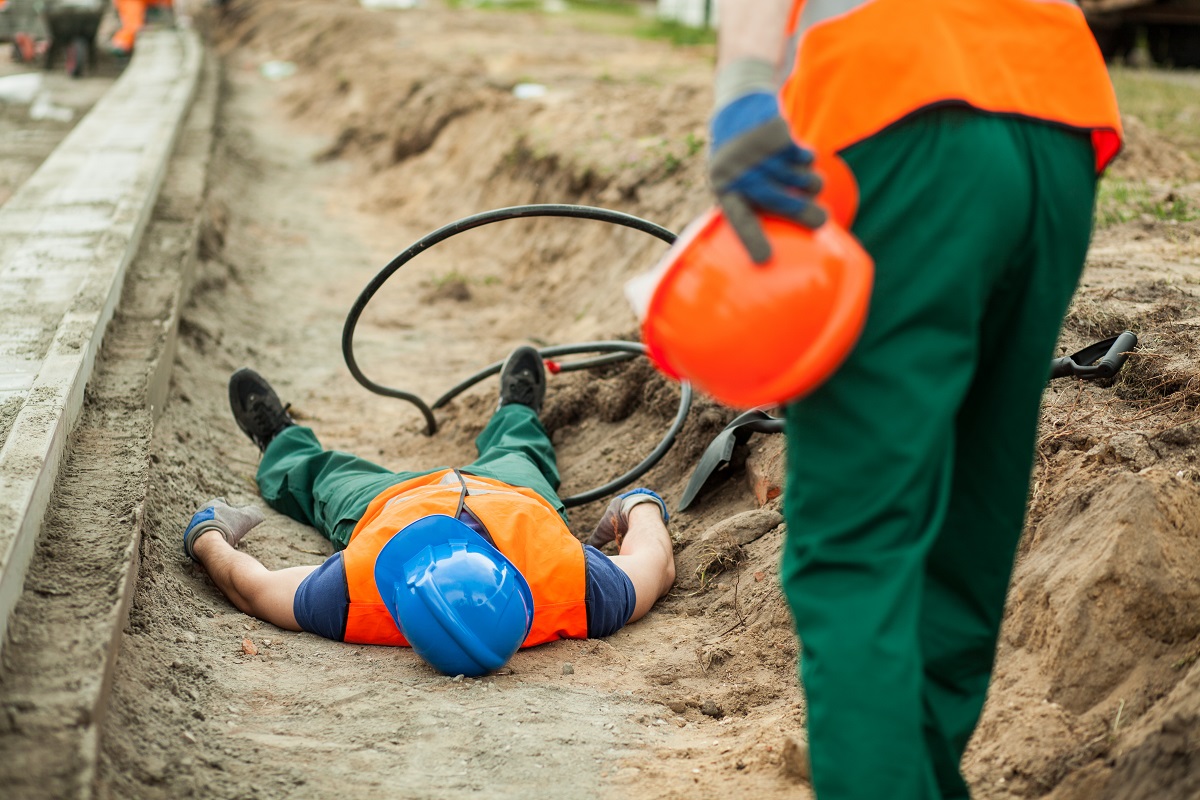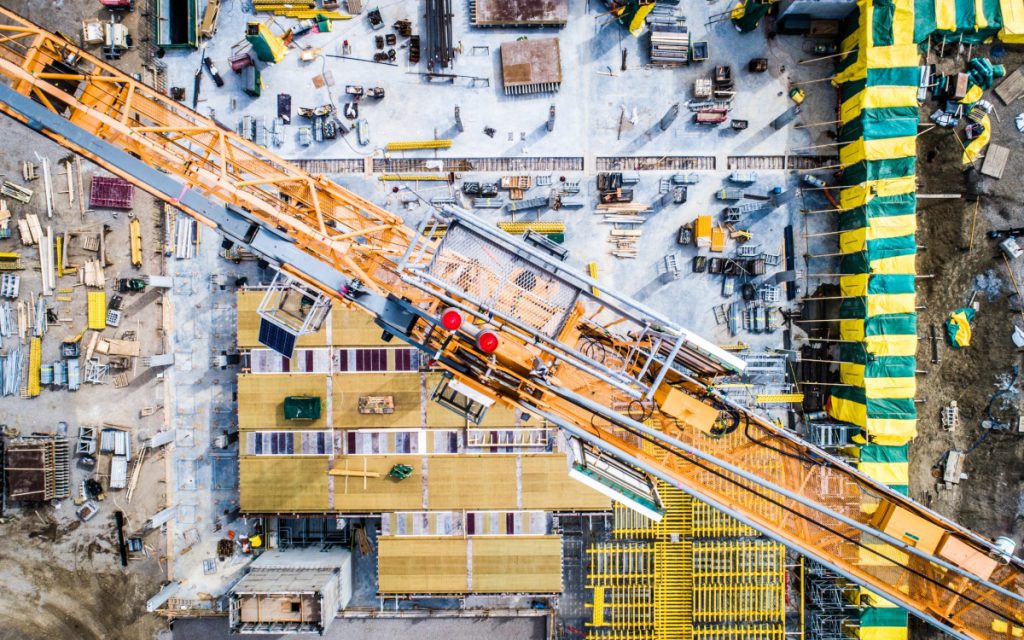- The construction industry employs millions of people and is worth billions of dollars in the US.
- Employment laws, such as OSHA, FLSA, ADA, NLRA, and FMLA, protect workers in the construction industry.
- Common injuries experienced in the construction industry include brain injuries, broken bones, and cuts and bruises.
- Employers must ensure safety regulations are followed to prevent serious injuries or fatalities.
- If injured at work, seek legal help to get the compensation and medical care you deserve.
The construction industry is one of the most labor-intensive in the global economy. Knowing the employment laws that govern the industry is important, with thousands of workers employed every year. The proper implementation of employment laws will promote the rights of the worker and the company. However, this can only be achievable if the employer and employees understand the employment laws that govern the industry. Here’s what you need to know about the industry, laws that protect you as an employee, and what to do if you ever get injured while working in construction.
The Construction Industry in The U.S.

It’s estimated that the construction industry is worth one trillion dollars. It’s a growing sector of the American economy and employs over 8 million people. Construction is essential for building the infrastructure that makes our country great, from bridges to roads, schools to skyscrapers.
The Employment Laws That Apply
Employment laws are created to protect workers in the construction industry. Here are those laws.
The Occupational Safety and Health Administration (OSHA)
OSHA is a federal agency working under the US Department of Labor, which provides guidelines, regulations, and occupational safety and health standards.
The construction industry has a higher risk of accidents and hazards than other industries, so OSHA regulations become more important. If the safety guidelines are not followed, it could lead to serious injuries and fatalities, leaving the employer liable for prosecution. Employers should know the OSHA regulations they need to follow and provide regular training to workers to ensure safe practices.
The Fair Labor Standards Act (FLSA)
The construction industry is not the exception in following minimum wage law. The FLSA calculates the standard minimum wage to be paid to the worker. In some states, the minimum wage is higher than the federal rate, so employers should comply with state law. This act also enforces overtime pay of not less than one and a half times the employee’s regular rate.
The Americans with Disabilities Act (ADA)
The ADA is an act that prohibits discrimination against people with disabilities. In the construction industry, it ensures the implementation and installation of facilities that are accessible to disabled people. Employers must provide reasonable accommodations to employees with disabilities, including physical adjustments and the provision of medical equipment to fight disability-induced limitations.
The National Labor Relations Act (NLRA)
The NLRA recognizes employees’ rights to join or form a union during employment. It prohibits employers from interfering, restraining, or coercing employees who want to form a union and support collective bargaining. The law dictates that a unionized work environment should cover compensation, insurance, and working conditions, all of which define the quality of an employee’s work environment.
Familial and Medical Leave Act (FMLA)
The FMLA means that employees can take unpaid leave from work and keep their health insurance coverage if they need to deal with severe medical conditions, recover from serious illnesses, or care for a family member or newborn. Employers should provide notices, monitoring, and time off that abide by the FMLA rules.
Injuries in The Industry and What to Do

Lastly, injuries are quite common in the industry, and you might get injured if you’re a construction worker. Thankfully, there are ways you can ensure that you get something out of injuries that can help sustain you with your life. Here’s what you need to know about it.
Brain Injuries
A brain or head injury is one of the most common forms of injury in the construction industry. These are caused by impacts or falls, which can be devastating due to their potential long-term effects. If you suffer from a head injury at work, seeking medical attention and documenting your experience with written evidence is essential. Additionally, you must get an experienced brain injury attorney. They can help you with compensation and the long-term medical care you need.
Broken Bones
Broken bones are also joint in the construction industry due to heavy lifting and repeated strain on your body. If you experience fractures or broken bones at work, you must get immediate medical attention and document the injury with photographs and written evidence. Furthermore, contact an attorney who specializes in workers’ compensation cases so that they can help you receive fair compensation for your injuries.
Cuts and Bruises
Cuts and bruises are often caused by sharp tools, falling objects, or electric shocks. If you’re injured at work, take pictures of the injury right away, along with a detailed description of what happened. An experienced personal injury lawyer can help you get the compensation you need.
Construction is an incredibly important industry, but it can also be very dangerous for those working there. Knowing your employment rights and laws will ensure that you are working in a safe environment with fair treatment from employers. Additionally, if you ever experience injuries while at work, knowing how to seek legal help is essential to get the compensation and care you deserve.



